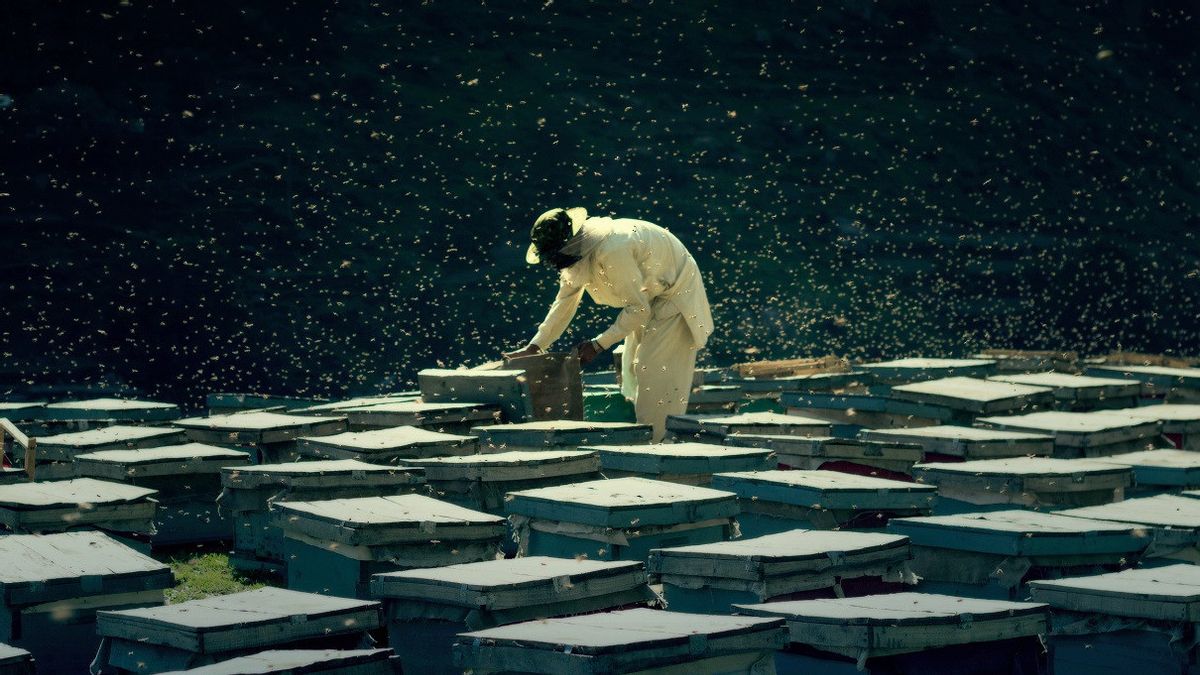JAKARTA - Millions of honey bees raised in Haenam City, South Jeolla Province, South Korea have been killed or have mysteriously disappeared, prompting local authorities to investigate the cause.
The incident started last September. Until recently, ten farms in the region reported the problem. Five of the farms said more than 80 percent of their bees were killed or missing.
While other farms said the damage reached more than 50 percent of their colonies. There are about 80 honey bee farms with about 20,000 hives altogether in the city, citing the Korea Times Jan. 6.
Reports cite farm owners as saying that the bees, which disappeared mostly last December and this month, may have left their hives for some unknown reason and died from the winter. A local official said, "it is very rare that a large number of honeybees suddenly disappear during the December-January period."

Separately, the city's beekeepers' association said it first thought the mass killings and disappearances were due to certain diseases afflicting beekeeping, trying to control the threat. However, these efforts have yet to produce a clear solution, leaving farmers very concerned.
Haenam's honey production took a direct hit from the incident, as it only garnered a quarter of the previous year's yield. According to a beekeeper from the area, a hive usually produces 20 kilograms of honey, but last year it produced only five to eight kilograms.
"Worse still, they just disappeared," said the farmer.
The Haenam City Government last September asked the provincial veterinary services laboratory to assess the incident, ultimately accepting the conclusion, it may be the result of fatal bacterial disease foulbrood.
However, as the damage continues to worry farmers, city authorities are now planning to conduct a second assessment based on more extensive sampling than before.
SEE ALSO:
To note, local government officials assume the incident was most likely caused by infection with a certain mutated virus and, as there are warmer-than-usual days during the bee's hibernation period, which begins in October, the infection could spread further.
The English, Chinese, Japanese, Arabic, and French versions are automatically generated by the AI. So there may still be inaccuracies in translating, please always see Indonesian as our main language. (system supported by DigitalSiber.id)


















